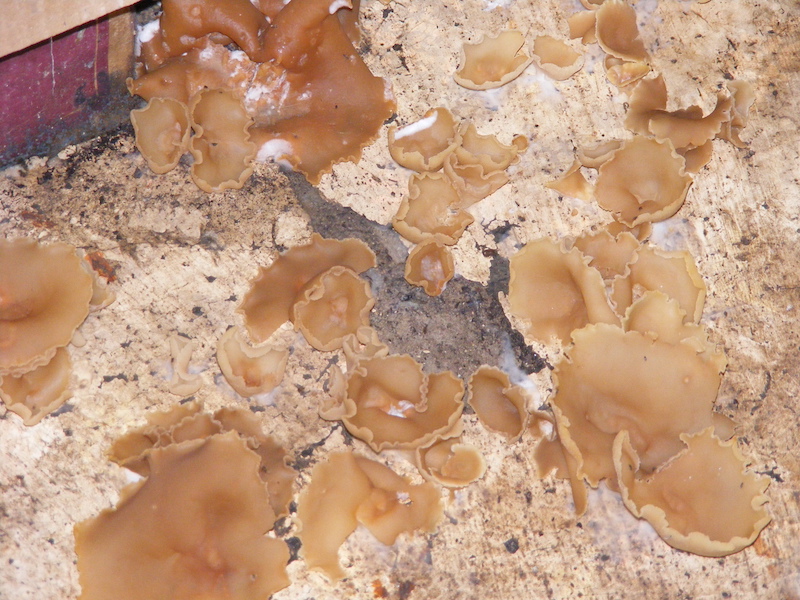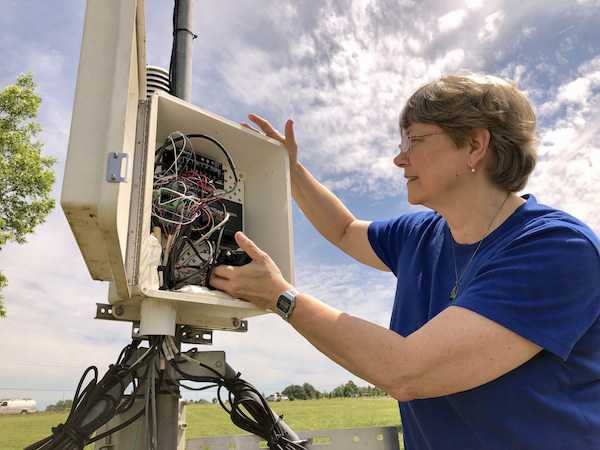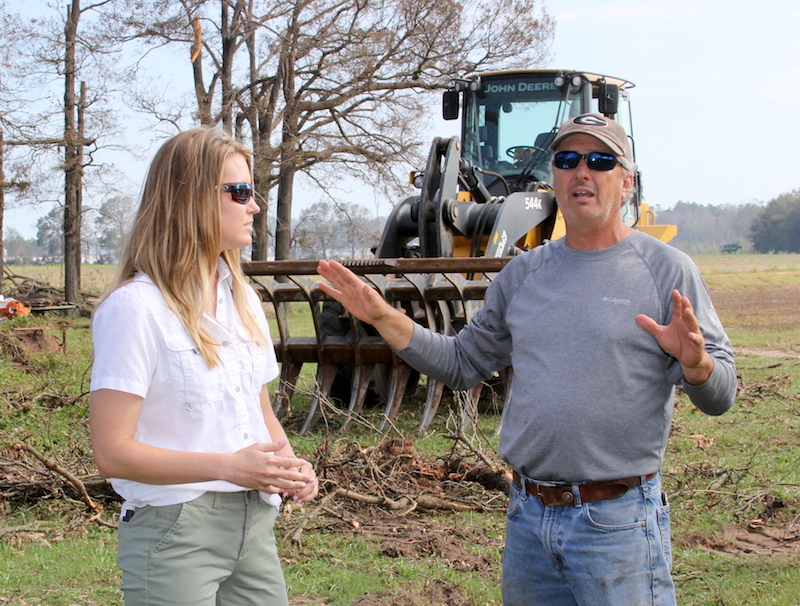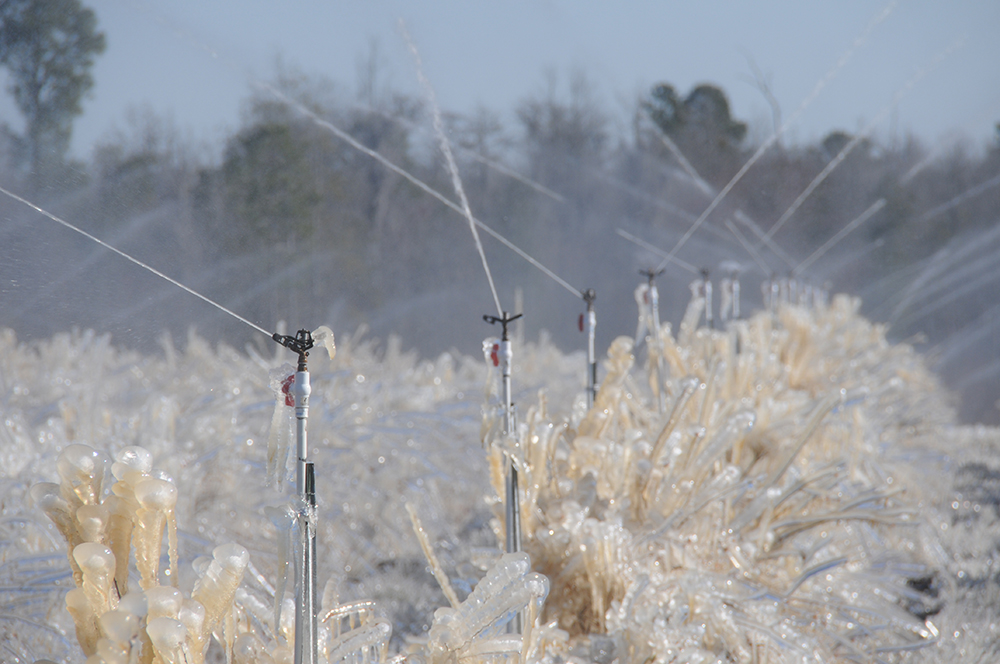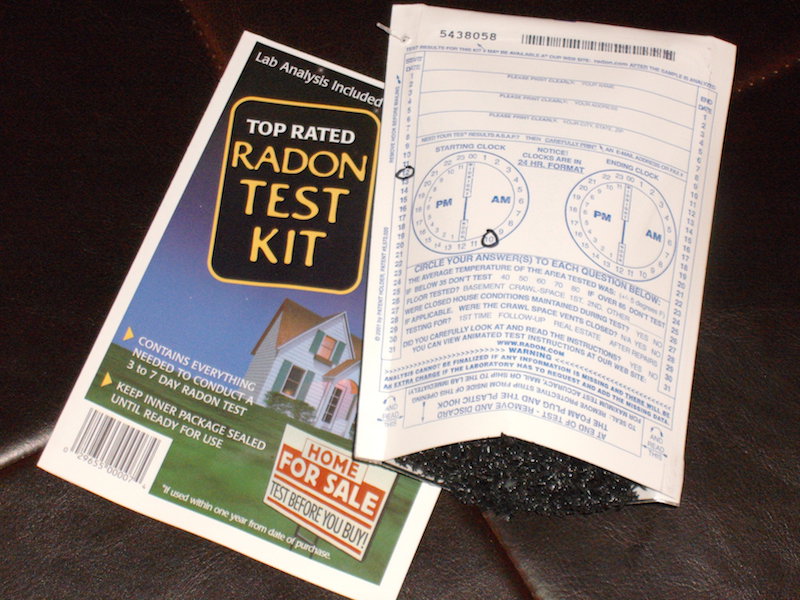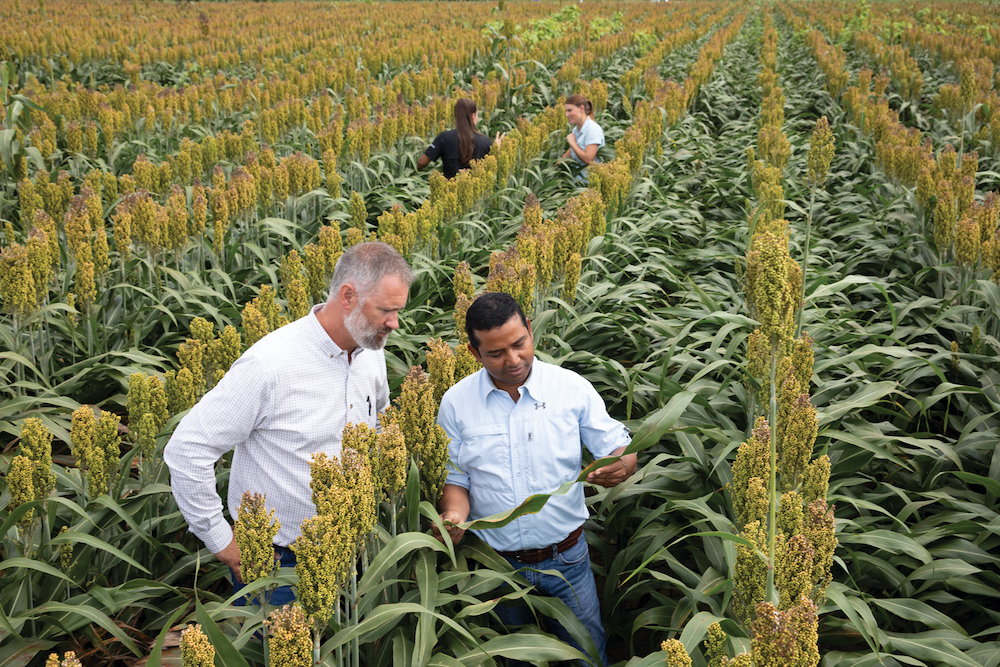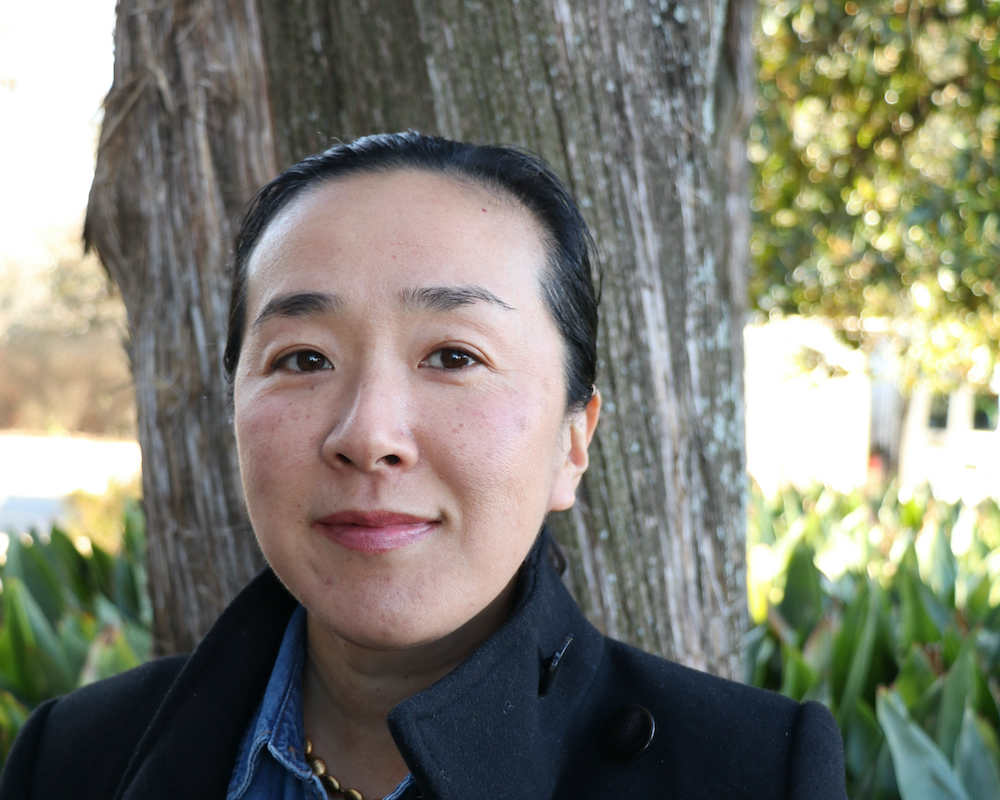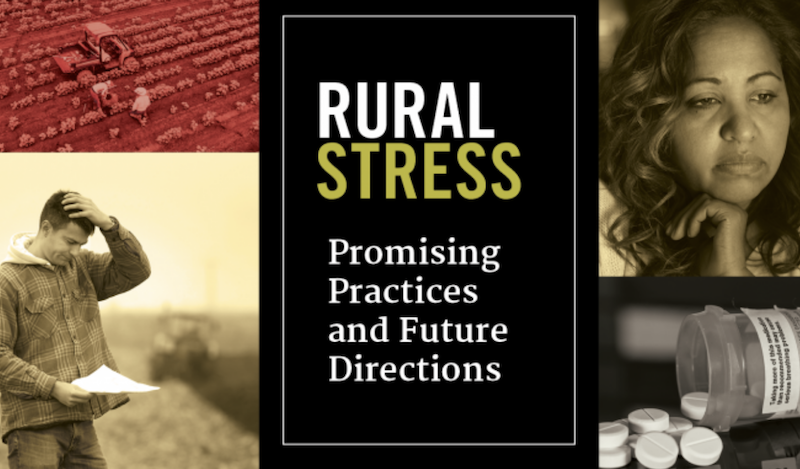 CAES News
CAES News
Emergency Food
News of the coronavirus has many people feeling uneasy and helpless. Building a supply of emergency food and water is a task University of Georgia Cooperative Extension experts say will help Georgians prepare for any kind of emergency, be it a medical quarantine, a snowstorm or a major power outage.

